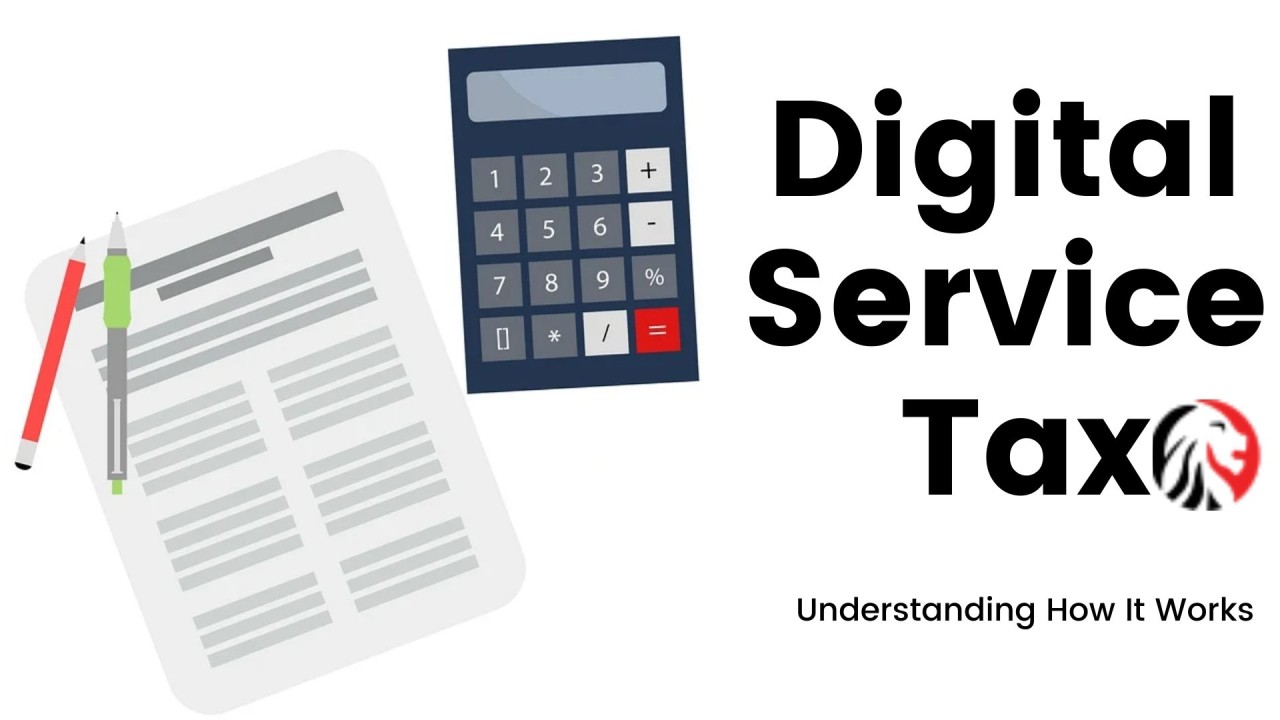
KRA Digital Taxes in Kenya: What Every Online Hustler, Freelancer, and Business Owner Needs to Know
Thursday, Sept 25, 2025
Learn about KRA digital taxes in Kenya, SEP Tax (3%), VAT (16%), Turnover Tax, and Income Tax. A must-read for freelancers, influencers, YouTubers, and online businesses using M-Pesa, PayPal, and global platforms like Netflix, Amazon, and Fiverr.
Please enter your name and email to read the full article.
“Did the money hit my M-Pesa or PayPal?”
If it landed, it was yours. Nobody cared where it came from, nobody asked questions.
But things have changed. Today, if money hits your M-Pesa, PayPal, or even your bank account, the Kenya Revenue Authority (KRA) considers it income and yes, they expect their share.
Think about it:
- A blogger earning from sponsored posts and Google AdSense.
- A freelancer pulling all-nighters on Fiverr or Upwork.
- A TikToker cashing in on brand collaborations.
- An Instagram seller moving clothes, shoes, or beauty products.
Different hustles, one reality: KRA is watching, and if you’re earning online, you’re in the tax net.
Why Now?
Kenya’s digital economy has exploded. Billions now flow through M-Pesa, PayPal, bank apps, and e-commerce platforms every single day. For the longest time, many believed: “online money isn’t real money.”
KRA thought otherwise. They connected the dots, M-Pesa, PayPal, bank transfers, and now, if money is moving, they can trace it. If you’re earning, they expect you to file.
And it’s not just local hustlers anymore. Even global giants like Netflix, Amazon, and SaaS providers are under the spotlight. That’s why Kenya introduced two key digital taxes:
- Significant Economic Presence (SEP) Tax – 3%
- Value Added Tax (VAT) – 16%
Kenya’s SEP Tax (For Non-Resident Businesses)
On December 27, 2024, Kenya repealed its old 1.5% Digital Service Tax and replaced it with a 3% SEP tax.
What does that mean? If you’re a foreign company making money from Kenyan users, think Netflix subscriptions, e-books, cloud software, or online courses, you owe Kenya 3% of your gross revenue, even if you don’t have a physical office here.
Important: SEP is a direct tax. You pay it from your revenue, it’s not passed to the customer.
Example:
If you earned KSh 670,000 from Kenyan users in August → SEP due = KSh 20,100.
VAT on Digital Services (For Everyone Over KSh 5M)
VAT works differently. It’s 16%, and it applies to digital goods and services. Unlike SEP, VAT is collected from the customer at checkout.
If you sell an eBook for $5, the buyer pays $5.80, and you remit the extra to KRA.
Your responsibilities:
- Register on KRA iTax.
- Collect VAT from customers.
- Remit it monthly by the 20th.
Taxes for Kenyan Digital Hustlers
If you’re a Kenyan resident making money online yes, your income is taxable too. Here’s the breakdown:
1. Turnover Tax (TOT)
- Applies if you earn between KSh 1M – 25M per year.
- Rate: 1% of gross monthly sales.
Example: Make KSh 100,000 in Jan → Pay KSh 1,000.
2. Income Tax (Graduated Rates)
The first KSh 24,000/month is tax-free. After that, tax rates range from 10% – 30% depending on your income bracket.
3. VAT (For Businesses)
If your annual sales hit KSh 5M, you must register for VAT. You’ll charge 16% VAT on goods/services and remit it monthly.
So whether you’re editing videos, selling thrift clothes, or running an Instagram shop, if you’re making money, you’re on KRA’s radar.
What Happens If You Don’t Pay Taxes in Kenya?
KRA doesn’t play around. Non-compliance comes with:
- Late filing penalty (individuals): KSh 2,000 or 5% of tax due (whichever is higher).
- Late filing penalty (companies): KSh 20,000 or 5% of tax due.
- Interest on unpaid tax: 1% per month until settled.
And don’t forget, KRA cross-checks:
- Bank and M-Pesa records.
- Payments from companies/platforms.
- Lifestyle mismatches (e.g., you declare nil income but buy property).
Without compliance, you also can’t get a Tax Compliance Certificate (TCC) which you’ll need for tenders, jobs, or even loans.
How to Stay Compliant with KRA Digital Taxes
- Register on KRA iTax (and eTIMS if running a business).
- Track your income & expenses, even a simple Excel sheet works.
- File annual tax returns (by June 30th), even if you made zero.
- Pay monthly taxes (like TOT) on time.
- Consult a tax advisor if you’re unsure.
Need Help? Adamjee Auditors have your back, Let’s be real, most of us don’t have the time (or patience) to figure out KRA’s maze. That’s where Adamjee Auditors comes in. They’ll handle the heavy lifting for you:
✅ iTax Registration – Hassle free setup with KRA
✅ Tax Assessments – Accurate VAT, SEP, and Withholding Tax calculations
✅ Filing & Reporting – On-time returns that keep you penalty free
✅ Audit Support – Expert defense if KRA comes knocking
✅ Tax Strategy – Structure your hustle legally to reduce taxes
The digital hustle in Kenya is real, but so are the taxes. Whether you’re freelancing on Upwork, running an Instagram shop, selling eBooks, or streaming content into Kenya, one thing is clear:
👉 KRA has entered the chat.



